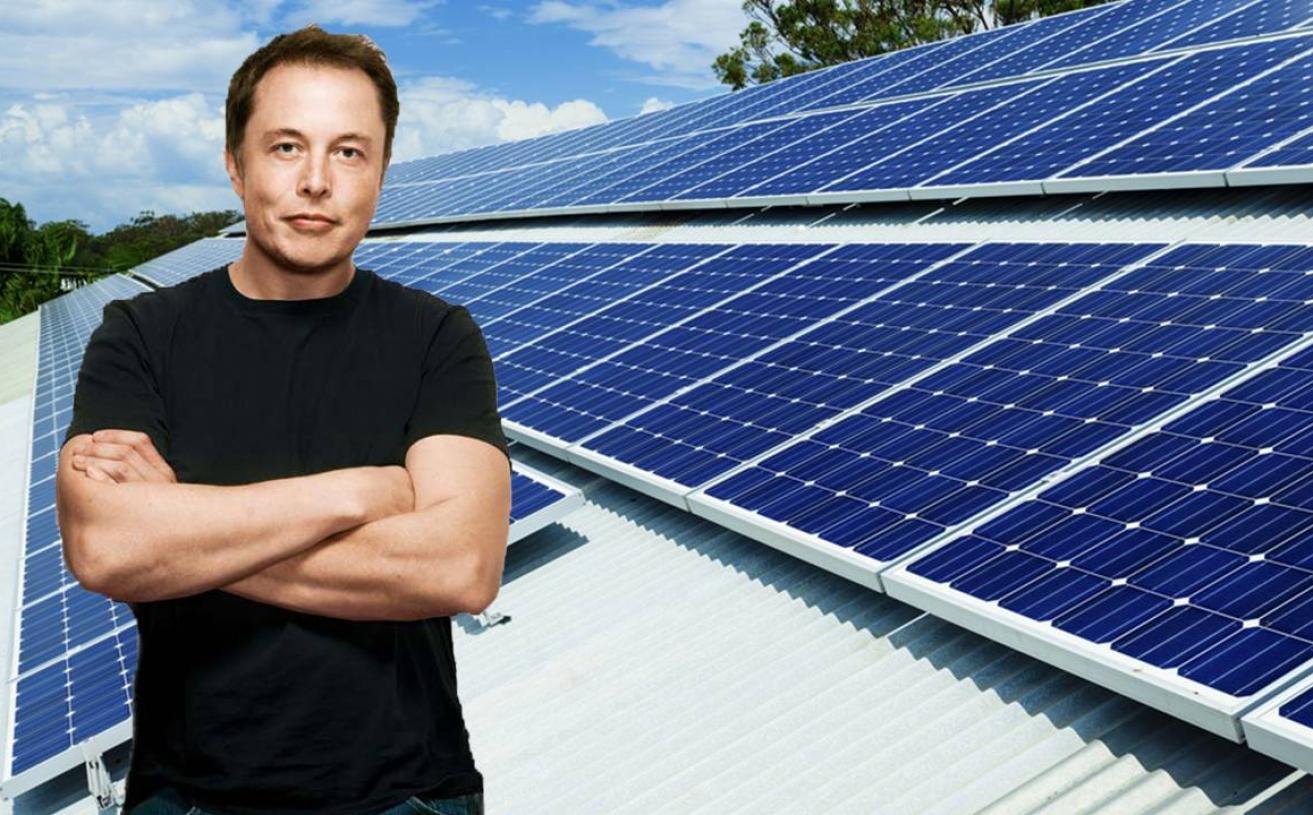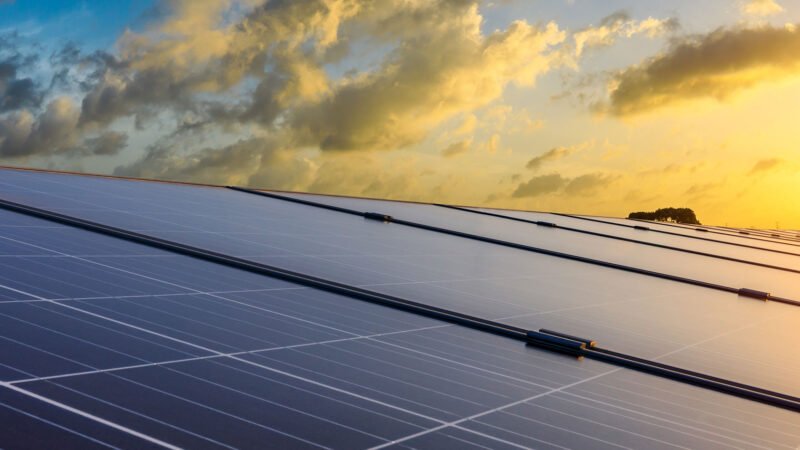Do you want to lower your energy costs and protect the environment at the same…
Solar Panels for Homeowners A Smart Investment Choice
In today’s rapidly changing world, it is crucial for homeowners to make sustainable and cost-effective choices. Solar panels offer the perfect solution by harnessing the power of the sun to generate clean and renewable energy. In this blog post, we will delve into the world of sunrun solar solar panels, exploring their benefits, understanding how they work, and providing valuable insights for homeowners looking to make this smart investment choice.
- Understanding Solar Panels
- What are Solar Panels?
Solar panels, also known as photovoltaic (PV) panels, are devices that convert sunlight into electricity. They are made up of multiple interconnected photovoltaic cells that absorb sunlight and generate an electric current. These cells are typically made of silicon, a highly efficient semiconductor material.
- How do Solar Panels Work?
Solar panels work through the photovoltaic effect, where sunlight is converted into usable electricity. When sunlight hits the solar panels, the photons in the sunlight excite the electrons in the silicon cells, generating a flow of electric current. This direct current (DC) is then converted into alternating current (AC) through an inverter, making it suitable for home use.
- Types of Solar Panels
- Monocrystalline Solar Panels
Monocrystalline solar panels are known for their high efficiency and sleek appearance. They are made from a single crystal structure, which allows them to convert sunlight into electricity more efficiently than other types of panels. Monocrystalline panels are suitable for small roofs where space is limited. However, they tend to be more expensive compared to other types of solar panels.
- Polycrystalline Solar Panels
Polycrystalline solar panels are made by melting fragments of silicon together, creating a less uniform crystal structure. They are less expensive to manufacture, resulting in a lower cost for homeowners. While they have slightly lower efficiency compared to monocrystalline panels, they are still a reliable choice for residential installations.
- Thin-Film Solar Panels
Thin-film solar panels are made by depositing layers of photovoltaic material onto a substrate, such as glass or plastic. They are known for their flexibility and ability to be integrated into various surfaces, such as building facades or curved structures. While thin-film panels have lower efficiency compared to crystalline panels, they are suitable for large-scale installations.
- Benefits of Installing Solar Panels at Home
- Financial Savings
- Reduced Electricity Bills
One of the primary benefits of installing sunrun solar solar panels is the significant reduction in electricity bills. By generating free electricity from the sun, homeowners can reduce their reliance on the grid and avoid rising utility costs. Over the long term, the savings can be substantial and contribute to increased financial stability.
- Government Incentives and Tax Credits
In addition to reduced electricity bills, homeowners can take advantage of various financial incentives provided by the government. Additionally, some local governments offer rebates or grants to promote the adoption of renewable energy. It is important for homeowners to research and understand the specific incentives available in their area.
- Environmental Impact
- Renewable Energy Source
Solar energy is a clean and renewable energy source. By harnessing the power of the sun, homeowners can reduce their dependence on fossil fuels, which are finite and contribute to climate change. Solar panels generate electricity without emitting harmful greenhouse gases, thereby reducing carbon emissions and their negative impact on the environment.

- Contribution to a Sustainable Future
Installing solar panels is not only a smart financial decision but also a responsible choice for the planet. Homeowners play a crucial role in promoting sustainability and combating climate change by adopting renewable energy solutions. By investing in solar panels in Melbourne, homeowners contribute to a greener future for themselves and future generations.
III. Considerations for Homeowners
- Roof Suitability
Before installing solar panels, homeowners should assess their roof’s suitability. Factors such as roof orientation, tilt, shading, and structural integrity can affect the performance of solar panels. South-facing roofs with minimal shading are ideal for maximum sun exposure. Homeowners can consult with solar professionals who can conduct a detailed assessment and provide recommendations based on their specific circumstances.
- Energy Consumption Analysis
To determine the appropriate system size, homeowners should analyse their energy consumption patterns. Understanding how much electricity is used on a daily, monthly, and annual basis can help in sizing the solar panel system accurately. Homeowners can track their energy consumption by reviewing utility bills or using energy monitoring devices. Identifying potential energy efficiency improvements, such as upgrading to energy-efficient appliances or improving insulation, can also help optimise the performance of the solar panel system.
- Financing Options
- Upfront Purchase
Purchasing solar panels outright offers long-term financial benefits. While the upfront costs may seem significant, homeowners can recoup their investment over time through reduced electricity bills and potential government incentives. Various financing options, such as solar loans or home equity lines of credit, can help homeowners make the initial investment more affordable.
- Solar Leases/PPAs (Power Purchase Agreements)
Alternatively, homeowners can choose to lease solar panels through a Power Purchase Agreement (PPA) with a third-party provider. Under a PPA, the provider installs and maintains the solar panels in Melbourne, and the homeowner pays a fixed rate for the electricity generated. While this option may require less upfront capital, homeowners should carefully review the contract terms and consider the long-term financial implications.
- Choosing a Solar Panel Installer
- Researching Local Installers
To ensure a successful solar panel installation, homeowners should research and gather multiple quotes from reputable installers in their area. It is important to choose installers who are certified and experienced in solar panel installations. Checking customer reviews, past installations, and warranties offered by the installers can provide valuable insights into their reliability and professionalism.
- Evaluating Proposals
- System Design and Performance Estimates
Reputable installers should provide detailed proposals that include system design information, such as the number of panels, their placement, and estimated energy production. Homeowners should ensure that the installer considers local conditions, such as climate and shading, to provide accurate performance estimates. A well-designed system will optimise energy production and maximise the financial benefits for homeowners.
- Warranty and Maintenance Services
Comprehensive warranties covering both equipment and installation are essential when choosing a solar panel installer. Homeowners should inquire about the length of warranties and what they cover, including any potential maintenance or repair services. Reputable installers often offer ongoing maintenance services to ensure the solar panel system operates optimally throughout its lifespan.
Conclusion
Installing sunrun solar solar panels is a smart investment choice for homeowners. Not only do solar panels offer financial savings through reduced electricity bills and government incentives, but they also have a positive environmental impact by promoting sustainability and reducing reliance on fossil fuels. By considering factors such as roof suitability, analysing energy consumption, and exploring financing options, homeowners can make an informed decision and enjoy the numerous benefits of solar energy. Take the next step by researching local solar installers, gathering quotes, and embarking on a sustainable and cost-effective journey towards energy independence.











